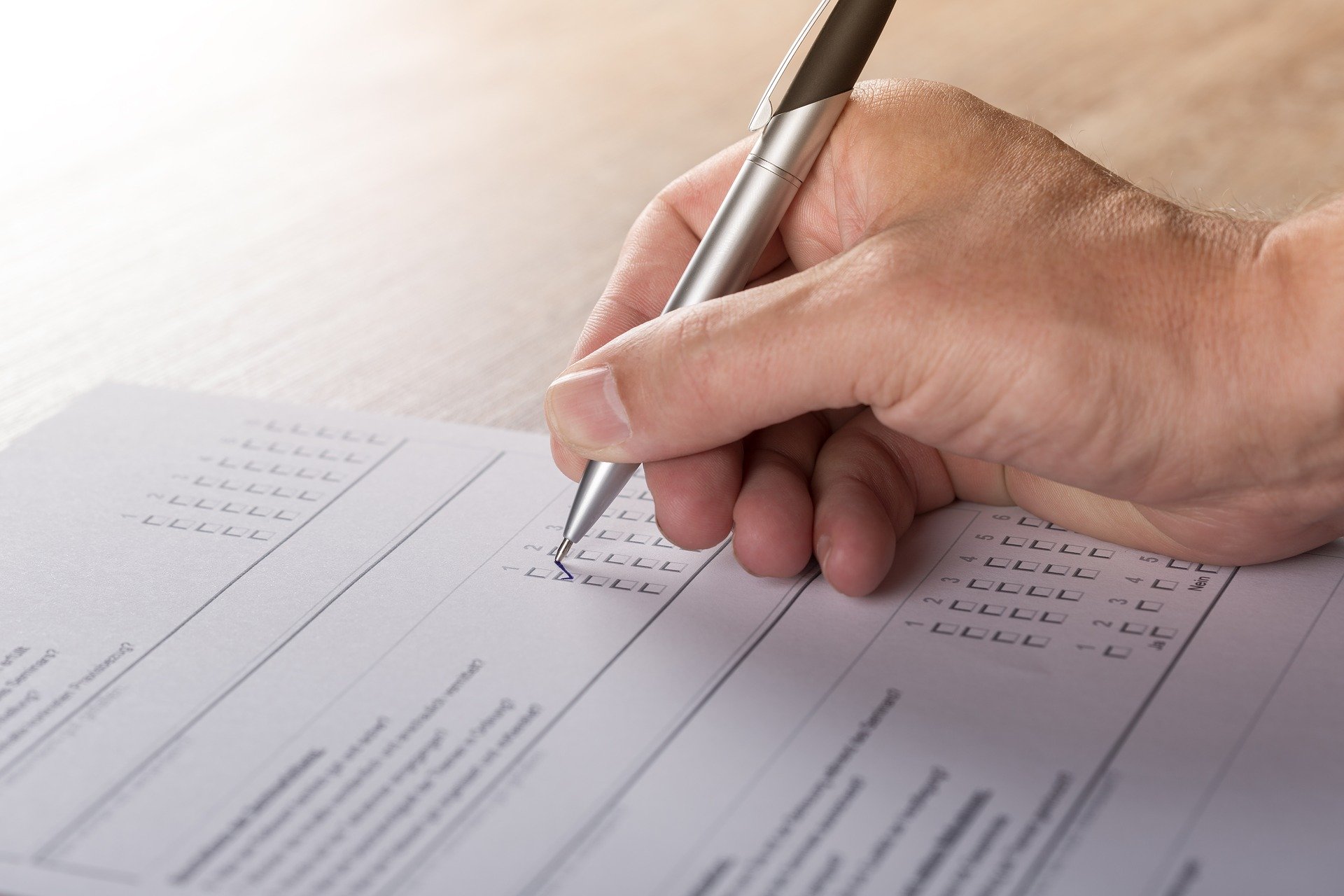‘Nullifying exams because of cheating is in students’ interest, too’

5 questions to lecturer of admin law Nicole Hoogstra
‘Nullifying exams is in students’ interest, too’
Over the past few weeks, several exams were nullified in their entirety because a few students had cheated on them. Isn’t that taking things a little far?
‘The decision to nullify an exam is an extreme measure, and exam committees don’t make it lightly. I can imagine they wouldn’t go for it unless other actions, like punishing the cheaters only, aren’t sufficient to guarantee the quality, integrity, and reliability of the exam results.’
That’s what the exam committee at the Faculty of Economics and Business said when they nullified three exams: they had no reliable way of determining the students’ knowledge and insight anymore. Nevertheless, it feels unjust that so many students are punished for the actions of just a few. Is this even allowed?
‘Each faculty has an exam committee, and these committees follow the exam regulations, which have been created in accordance with the Higher Education and Research Act. So they’re a corollary of that law, on the basis of which the exam committee can determine when they need to make these kinds of decisions.’
‘Look, I understand that the students who did work hard are mad initially. But I’d like to ask them to see the bigger picture of the course, and perhaps even the whole programme: we want to prevent people succeeding through dishonesty, since it diminishes the quality of the course or programme. We want to make sure to present the students with a good, quality exam that’s worthy of the university.’
You’re kind of placing the burden of quality on the students. Isn’t it up to the university to prevent cheating?
‘The university is responsible for providing students with an education. They then have to carefully and reliably measure the quality and the students’ skills and knowledge. That’s what the exams are for. The responsibility lies in how reliable that measurement is. If that’s affected by cheating, you have to do something about it.’
In other words, students are partially responsible for the quality of exams?
‘We are asking a lot from the students from a moral standpoint. But this is an exceptional situation, and we’re telling them that these are the circumstances we have to work with. Cheating isn’t a part of that. It’s really no different than in-person exams, where everyone is gathered in a big room with invigilators walking around. We ask them not to cheat in that situation, too.’
The only difference is that the invigilators keep an eye on all students.
‘Sure, but that doesn’t necessarily mean that no one actually cheats during in-person exams. As lecturers, we can ask ourselves what else we can do to make online exams as cheat-proof as possible. You almost always end up with software that’s designed to keep an eye on students.’
‘We have to ask ourselves if that’s okay. Are we fine with the privacy issues this software brings with it? Is the software reliable enough to vouch for the results? There is no simple solution. In the end, it’s about preventing students from cheating. That rule applies to everyone. If we can’t ascertain who broke the rules, the consequences apply to everyone as well.’



